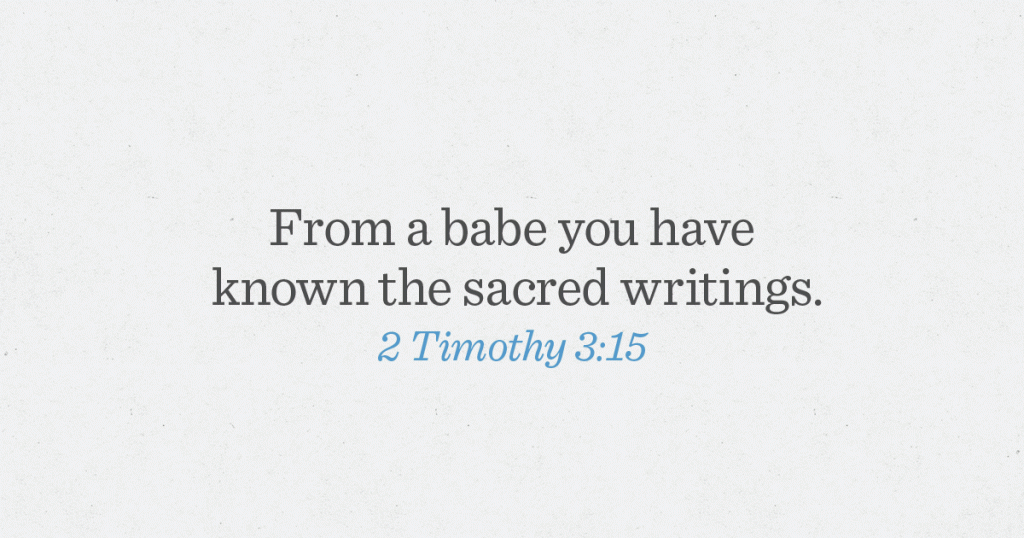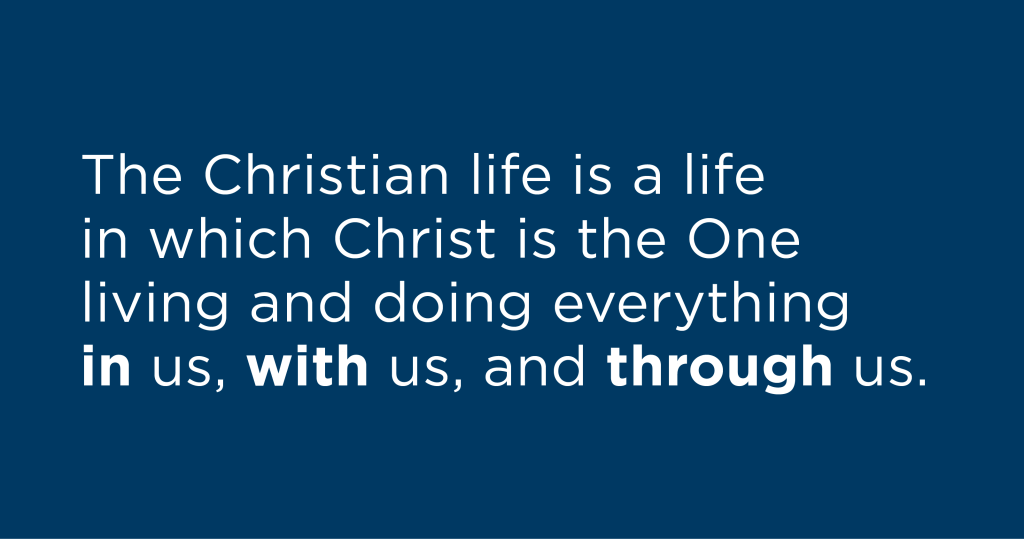
The Bible is an incredible book filled with wisdom, poetry, history, and teachings. It contains mysterious prophecies, symbols, and figures, along with lengthy genealogies and detailed laws. Above all, it reveals who Christ is and God’s eternal purpose for mankind.
As Christians, we may know that we should read the Bible, but we might feel apprehensive about it. Maybe our previous attempts to understand the Bible discourage us, or maybe we think it’s a daunting task to read and digest such an important, complex book. But the Bible is God’s Word written for us. Surely He wants us to read and understand this gift He’s given to us. Today, we’ll take a look at the first important step in understanding the Bible.















